Bankruptcy: You may be able to keep your home and car

Have you been thinking about bankruptcy?
You are not alone. While employment statistics reported in June of 2020 were slightly better than May, California’s unemployment rate was still at 16.3% and over 3 million fewer Californians are currently employed compared to last year (source: California’s Employment Development Department press release, June 12, 2020). In economically troubling times, bankruptcy could be the best option for more and more Californians.
Many people wonder about keeping their property, especially their home and vehicles, when they file for bankruptcy. Bankruptcy is a complicated subject, and there are usually at least 2 different types of bankruptcy that people can choose to file. One of those, called “Chapter 7” after the name of the chapter of the federal Bankruptcy Code, can result in a complete discharge of most or sometimes all unsecured debt without repaying anything to creditors. However, there are some limitations to how this works. Sometimes debtors who do not understand bankruptcy laws make assumptions that simply are not true. This can result in disastrous results if their home, car, or even business assets are seized and sold.
When debtors (this is what the Bankruptcy Code calls individuals or married couples) petition the court to resolve their debt, they submit their financial situation to an administrative review by a trustee who must determine whether their unsecured assets meet the standards for exemption from being seized and sold to pay their creditors. A complicating factor is that California has 2 different systems for exempting certain property from being sold in chapter 7 bankruptcy. One of those systems is more generous to debtors with equity in a home, while the other is more generous to persons with equity in personal property like vehicles.
One of the most important things a bankruptcy attorney can do for debtors is to properly classify their assets and choose the exemption system that allows them to keep the most, or the most important assets. A bankruptcy attorney can also help debtors determine whether chapter 7 (discharging all debts) or chapter 13 (a court-managed repayment plan) makes the most sense.
Don’t try to navigate this complicated subject alone. The experienced bankruptcy attorneys at Dias Law Firm, Inc. in Hanford offer a free 30-minute consultation to debtors who are considering filing for bankruptcy. Bankruptcy probably is not as expensive as you think, and we offer payment plans for your legal fees if you decide to proceed. Give us a call today!
By: David M. Lange, Esq.

For the general public: This Blog/Web Site is made available by the law firm publisher, Dias Law Firm, Inc., for educational purposes. It provides general information and a general understanding of the law, but does not provide specific legal advice. By using this site, commenting on posts, or sending inquiries through the site or contact email, you confirm that there is no attorney-client relationship between you and the Blog/Web Site publisher. The Blog/Web Site should not be used as a substitute for competent legal advice from a licensed attorney in your jurisdiction.
For attorneys: This Blog/Web Site is informational in nature and is not a substitute for legal research or a consultation on specific matters pertaining to your clients. Due to the dynamic nature of legal doctrines, what might be accurate one day may be inaccurate the next. As such, the contents of this blog must not be relied upon as a basis for arguments to a court or for your advice to clients without, again, further research or a consultation with our professionals.
ID 179633655 © Inna Dodor | Dreamstime.com

